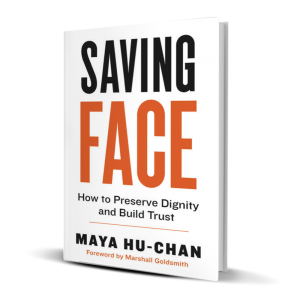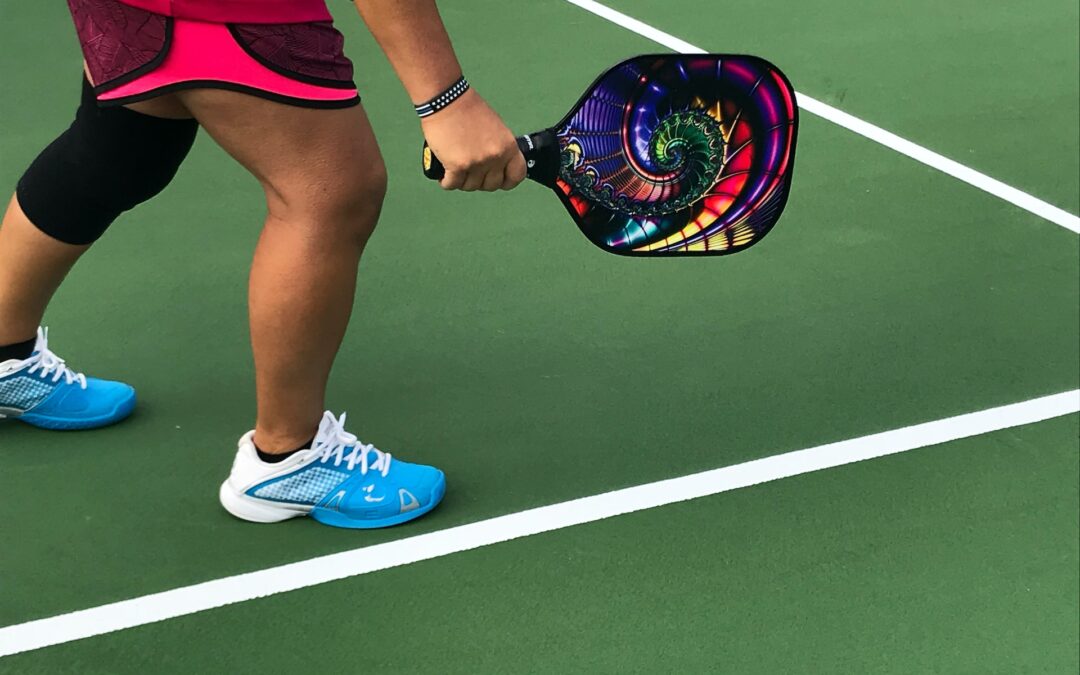The pickleball generation is figuring out there’s more to the sport than dinks and dunks.
Those of us fortunate to live a long and productive life are likely to face a turning point: a time to retire.
“Retirement,” however, can be a loaded word. For some, it brings a sense of elation — what challenges lie ahead? What will I do with all of my time? What does my future look like?
For others, it brings uncertainty — what challenges lie ahead? What will I do with all of my time? What does my future look like?
OK, you’ve caught me. The questions are the same. The difference, I would argue, is a matter of perspective.
The Fertile Void
I see this firsthand with many of my clients, all successful in their own fields and financially secure as they transition to their new life. Some love the freedom to explore new challenges or engage in activities they didn’t have time for when they were climbing the career ladder.
For others, there’s a sense of loss — loss of purpose in their life and a loss of structure in their daily schedule.
I look at this period of transition as a fertile void. This is a concept first coined by psychotherapists Fritz and Gloria Perls, who defined it as a state of “not knowing, a precursor to something new and generative, and perhaps even the state of feeling simultaneously empty and full at the same time.”
What I tell my clients is that their lives are full of possibilities — it’s just that the possibilities haven’t been identified yet.
So where should they look for their possibilities? One word: pickleball. Or, rather, what pickleball represents.
 The Pickleball Generation
The Pickleball Generation
You’ve no doubt seen the rise of pickleball in your neighborhood. The mashup of tennis, badminton, and Ping-Pong has taken off in recent years, becoming the fastest-growing sport in the U.S. And while it’s popular with people of all ages, it seems to have really caught on with people of a certain age. In fact, according to a 2022 report by the Sports & Fitness Industry Association, more than half of core pickleball players are 55 or older, while almost a third are over 65.
I believe there are four main reasons why the sport is particularly popular with this age group. One, it’s active. It keeps its players motivated to move, without imposing too much physical strain. Two, it’s doable. It’s accessible, inexpensive to play, and easy to learn. Three, it’s social. It brings people together and has built-in interactivity. And, finally, it’s fun. (If you’ve played pickleball, you know.)
I can attest to these four reasons because I’m one of those core pickleball players. And while I’ve just started, I can hit dinks and dunks, and, of course, I know to stay out of the kitchen.
For these reasons, I would go so far as to say we are all part of the pickleball generation.
 A Post-Retirement Blueprint
A Post-Retirement Blueprint
I’m not saying the solution to figuring out what to do for the rest of your life is to just play pickleball (although it is a lot of fun).
I am arguing that the reasons why pickleball is great as it can provide a blueprint for this transition to a new chapter of your life. Let’s revisit them.
- It’s active: We have worked hard in our careers. We still want to be active and engaged, but in ways that are meaningful to us and allow us to give back to others.
- It’s doable: We’ve already developed our skills, through school, technical degrees, and work. Let’s find something fulfilling that doesn’t require a lot of development, but does allow us to grow and develop as much as we want.
- It’s social: Most of my clients say one of the biggest rewards of their careers is the social connections they developed. That doesn’t change in retirement. Walk down this new path with others.
- It’s fun: Your career may have been fulfilling, but if you’re like most, it was equally important to pursue work that allowed you to raise a family and maintain a home. In this next phase, focus on things that fulfill you. Take time to enjoy what you’ve earned.
If you found a career that brought you a sense of accomplishment and fulfillment, those goals don’t have to change in retirement. The difference is that instead of working to feed your family and build a home, you now have the opportunity to feed your inspiration and build upon other things you are passionate about.
Some may find a passion to give back to the community. Others may decide to start a new business, like a bakery. Still, others know their work experience would benefit others and offer to mentor young professionals. And some, yes, become addicted to pickleball.
Over the next few months, I plan to share ideas on how to identify what comes next for soon-to-be retirees. The next step should be a rewarding one, an opportunity to embrace being active, being social, finding fulfillment, and having fun. That’s the perspective everyone in the pickleball generation should have.
 My book, Saving Face: How to Preserve Dignity and Build Trust, illustrates how we can honor face to create positive first impressions, avoid causing others to lose face, and, most importantly, help others save face to build trust and lasting relationships inside and outside the workplace.
My book, Saving Face: How to Preserve Dignity and Build Trust, illustrates how we can honor face to create positive first impressions, avoid causing others to lose face, and, most importantly, help others save face to build trust and lasting relationships inside and outside the workplace.
This article was originally posted on Inc.com

